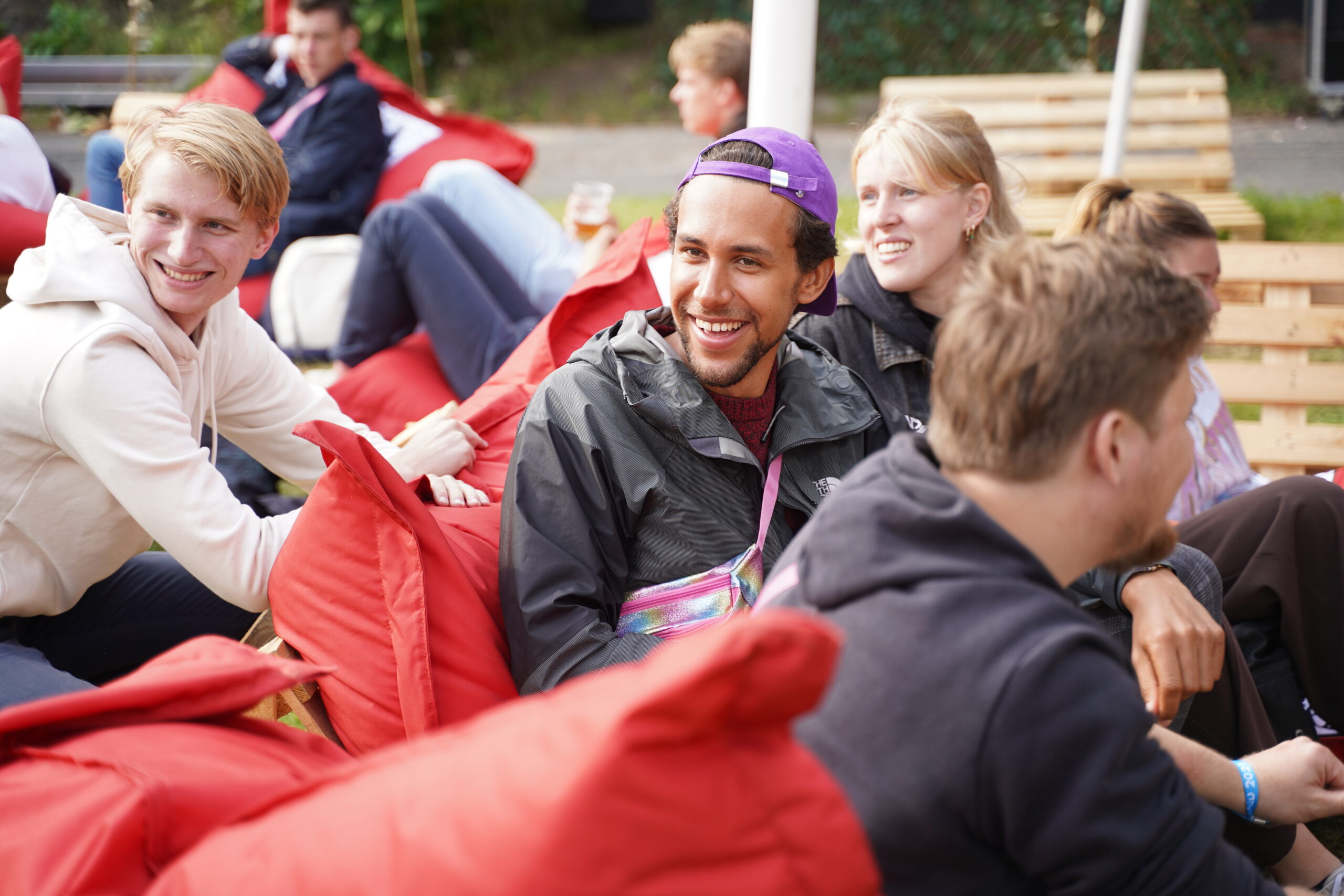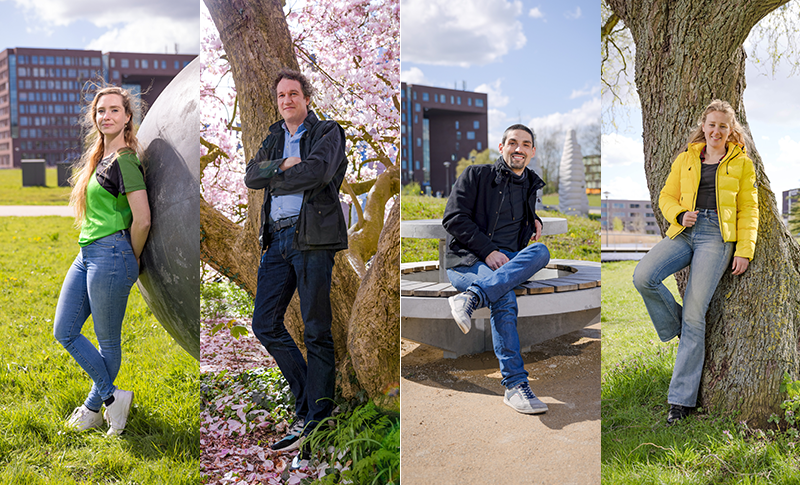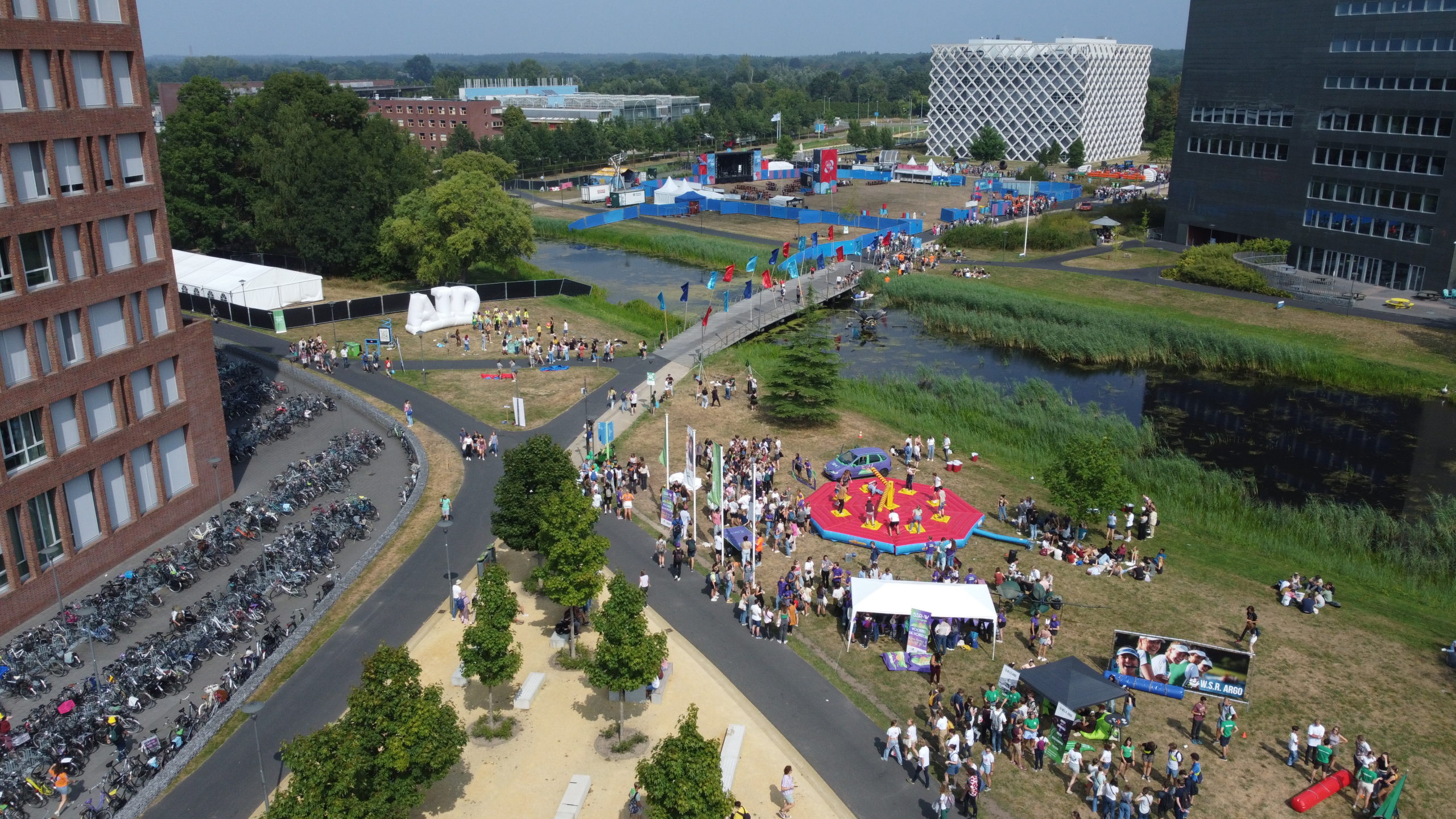In mid-April it looked as if WUR was heading for a 10 per cent drop in Dutch preliminary registrations for BSc degrees but a last-minute surge brought the number on 1 May almost up to the 2021 figure.
At 3 per cent down on last year, WUR is performing about the same as most of the other universities. The average is -1.6 per cent, with a couple of outliers (+14 per cent for Radboud University and -21 per cent for the University of Twente). Education Marketing & Student Recruitment team leader Renske van Dijk is ‘reasonably’ satisfied. ‘Of course the slight fall means we are not where we want to be, especially given that the preliminary registrations already declined last year.’
The difference with respect to 2021 is manageable: 3 per cent is only 50 students, and a lot of school leavers still have to finalize their decision because they have registered for several degree programmes. The number of unique applicants nationwide is 63,000, and they had registered for 104,000 programmes as at 1 May. Van Dijk concludes that this year’s school leavers are not yet sure what degree to do.
Ups and downs
The best-performing WUR degree programmes in terms of increasing registrations of Dutch students are Tourism (+110 per cent), Communication & Life Sciences (+43 per cent) and Economics & Policy (+39 per cent). Although Van Dijk points out that Tourism was particularly unpopular during the pandemic and the absolute increase is quite small, from 11 to 23 BSc registrations. The biggest drops are for Molecular Life Sciences (-23 per cent), Soil, Water, Atmosphere (-22 per cent) and Environmental Sciences (-33 per cent), although there are a lot of international preliminary registrations for the latter.
International registrations form a relatively small proportion of the BSc intake because WUR only offers six BSc degrees in English. International registrations are growing, though: +8 per cent for EU students (207 registrations) and +43 per cent for non-EU students (283 registrations). However, there is usually a big gap for non-EU students between preliminary registrations and the actual number of first-years.

 Recruitment team leader Renske van Dijk concludes that this year’s school leavers are not yet sure what degree to do. Photo Florine Zegers
Recruitment team leader Renske van Dijk concludes that this year’s school leavers are not yet sure what degree to do. Photo Florine Zegers 
